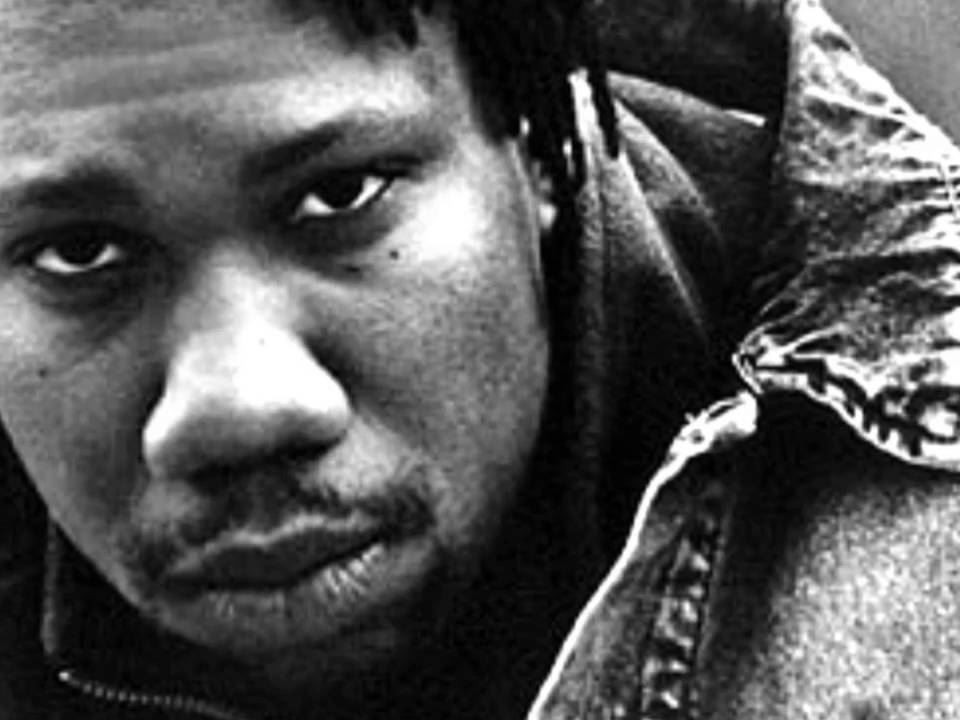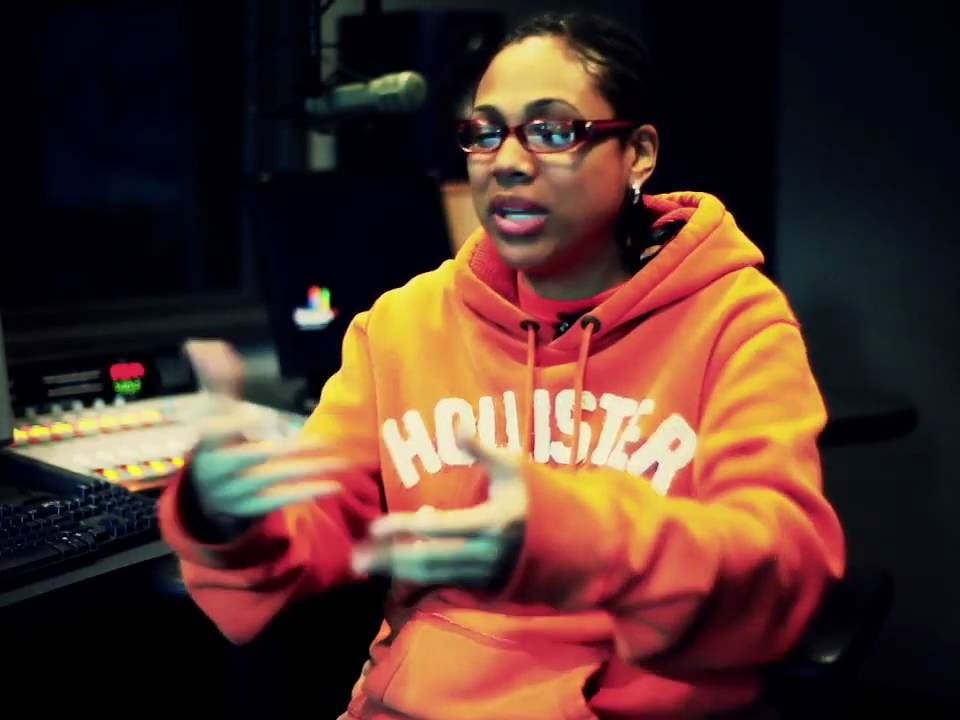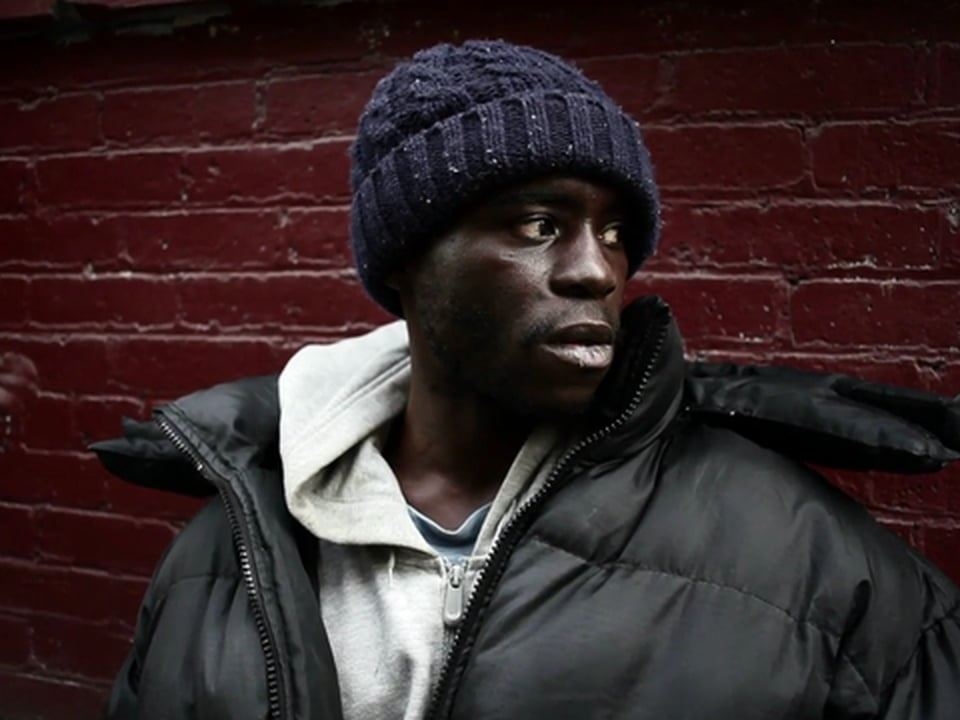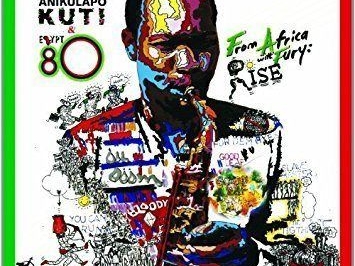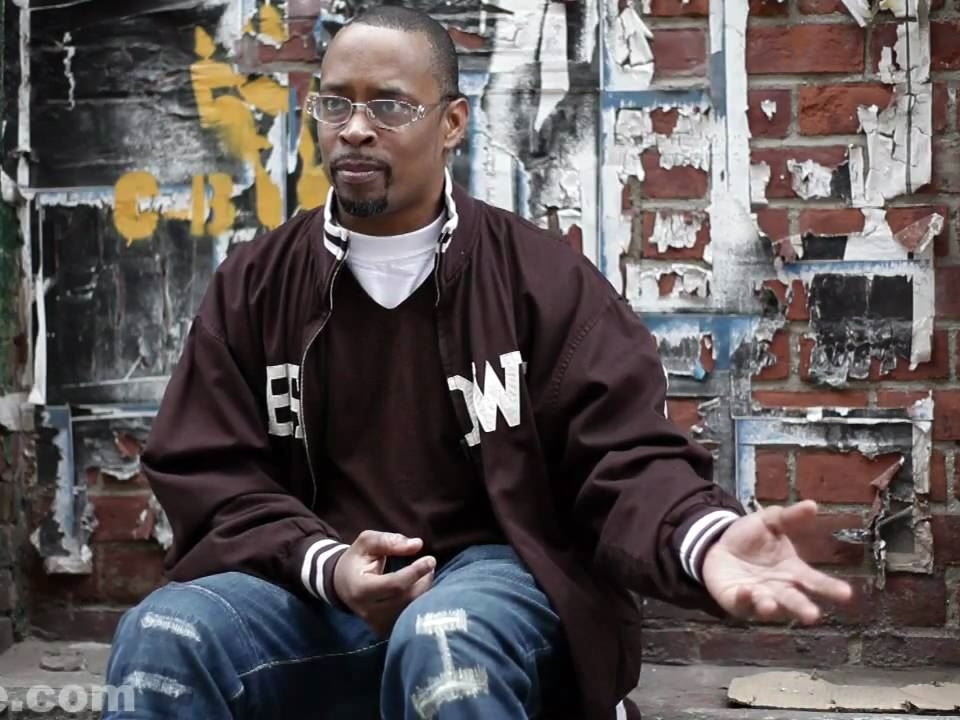This editorial comes to us from Al-Lateef Farmer who has written articles for written for SoulTrain.com and Eurweb.com to name a few as well as his own blog which you can find at WorldAccording2Teef.com We’re looking forward to seeing more of Al-Lateef’s writing here at GFM in the future.
My earliest recollection of Hip-Hop is “The Message” from Grandmaster Flash and the Furious Five. There was something hypnotizing about the beat and the chorus ingrained itself in your mind, but it was Melle Mel’s last first that really drew me to the song. Yeah, I was like four-years-old, but the authority in which he spit his rhyme really made me listen. I didn’t understand 99% of what he was talking about, but the way he was saying it, made me believe it to be powerful. Nearly thirty years later it is still my favorite verse, you know, it’s the one that starts, “A child is born with no state of mind/Blind/To the ways of mankind…”
I’ll give you a few seconds to finish the rhyme…
Hip-Hop was born as a movement; a counter-culture from the minds of frustrated youth otherwise sentenced to life in America’s ghettos. It was creativity enmeshed with escaping the aftermath of heroin’s (and then crack) stranglehold on their communities, shady politicians, dwindling opportunities and a pocket full of hope the 70’s provided with advances in sports and entertainment. It became the soundtrack to the streets and rightfully so, being that it was birthed in the streets of the South Bronx
and at its best, provided commentary for what life was like at the time.
Sure, there were parties in the park, hustlers with long El Dorado’s and fly girls, but there was that bum education, double-digit inflation and you couldn’t get a train to a job, there was strike at the station. Berry Gordy Jr. loved to call Motown “the sound of young America”, but Hip-Hop was truly the voice of Black America, it opened the lines of communication between the disenfranchised and the mainstream and painted a picture better than Norman Mailer. Of course, not everyone was down, because it just sounded like a bunch of noise to most, but it was the sound of your children crying out. Someone had to pay attention.
The consciousness of the “Golden Era of Hip-Hop” manifested itself in various ways; there was KRS-One and Boogie Down Production’s “Edutainment”, Public Enemy’s Black power ethos, the 5% ideology of Rakim and Big Daddy Kane and the social commentary of Melle Mel and Afrika Bambaattaa. You add in the braggadocio, party and battle styles Kool Moe Dee, The Cold Crush Brothers, Kurtis Blow plus others and a diverse array of sounds was growing and it all authentic to the personality of the artist.
Then Run-DMC became superstars, MTV saw dollar signs, young folks from other regions of the country started to have their say and it was all thrown into the same pot. The West Coast brought their voices to the party and displayed a lifestyle that was foreign on the M.I.C. at the time and suddenly “Gangsta Rap” was born and it was profitable. So out went the braids, beads and medallions and record labels were trolling the hood for the next hardcore M.C. Yet, there were still so many other voices to be heard, voices that skewed the prevailing conversation about Hip-Hop, because they transcended all lines (generational, color, poverty) because their sound was genuine and fun, so they crossed over without losing sight of who they were, Heavy D and LL Cool J.
Grandmothers loved Heavy D, maybe it was something about seeing this big, yellow man dancing around or maybe it had more to do with the fact they what he was articulate in his song and the subject matter was something everyone could dance to. As for LL, he became a sex symbol and everyone knows that sex sells. Despite that sex symbol status, he was still hard enough for the fellas and that translates to bankability in any business. Ahh, the good ol’ days…
You know what’s gonna happen with Hip-Hop? Whatever’s happening with us.”
Mos Def “Fear Not of Man”
Hip-Hop has always been a reflection of the current state of the people who are the driving force behind it, the streets. Over the last thirty years we’ve devolved as a community, blame it on Reganomics, crack, gang culture, Dubya, a crumbling education system or just a complete lack of value in ourselves, but we’re starting from scratch these days and it feels like we’re stuck behind a movement that’s not being led. However, the music reflects a hedonistic lifestyle that is sustained by materialism, faux gangsterism, sexual depravity and a drug culture that dulls the senses of those locked into their iPods.
That pocket full of hope turned into a sack full of dreams and ultimately showed itself to be full of empty promise, so instead of the culture revealing those frustrations through rhythm and poetry, they act out in self-destructive behaviors, fulfilling self-defeating prophecies. M.C.’s with something to say are now boxed in a sub-cultured labeled “conscious” on the fringe of what’s hot, not really allowed to affect the impressionable with their bars and hooks, but most importantly, their walk. We’ve come to a point where we devalue education, hard work and healthy relationships, showcasing a reality that’s not real at all and spotlighting the success of many that have been afforded with opportunities the other 99% will never have occasion to encounter.
As a result, Hip-Hop reflects what it sees and the movement that once swept America, its Chocolate Cities and Vanilla Suburbs alike lay dormant. The progressive poems that inspired power, higher learning and a sense of self in me as a child has given way to visions from eyes that sing the sad, sad songs of how they live so fast and die so young…
RELATED POSTS
December 4, 2008
The Real Hip Hop Network (RHN)
August 9, 2010
D-Nice True Hip Hop Stories: Pharoahe Monch
July 22, 2011

